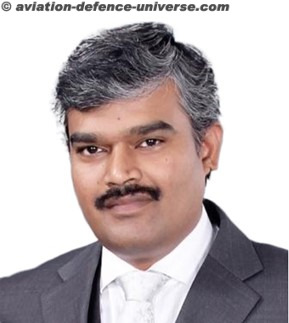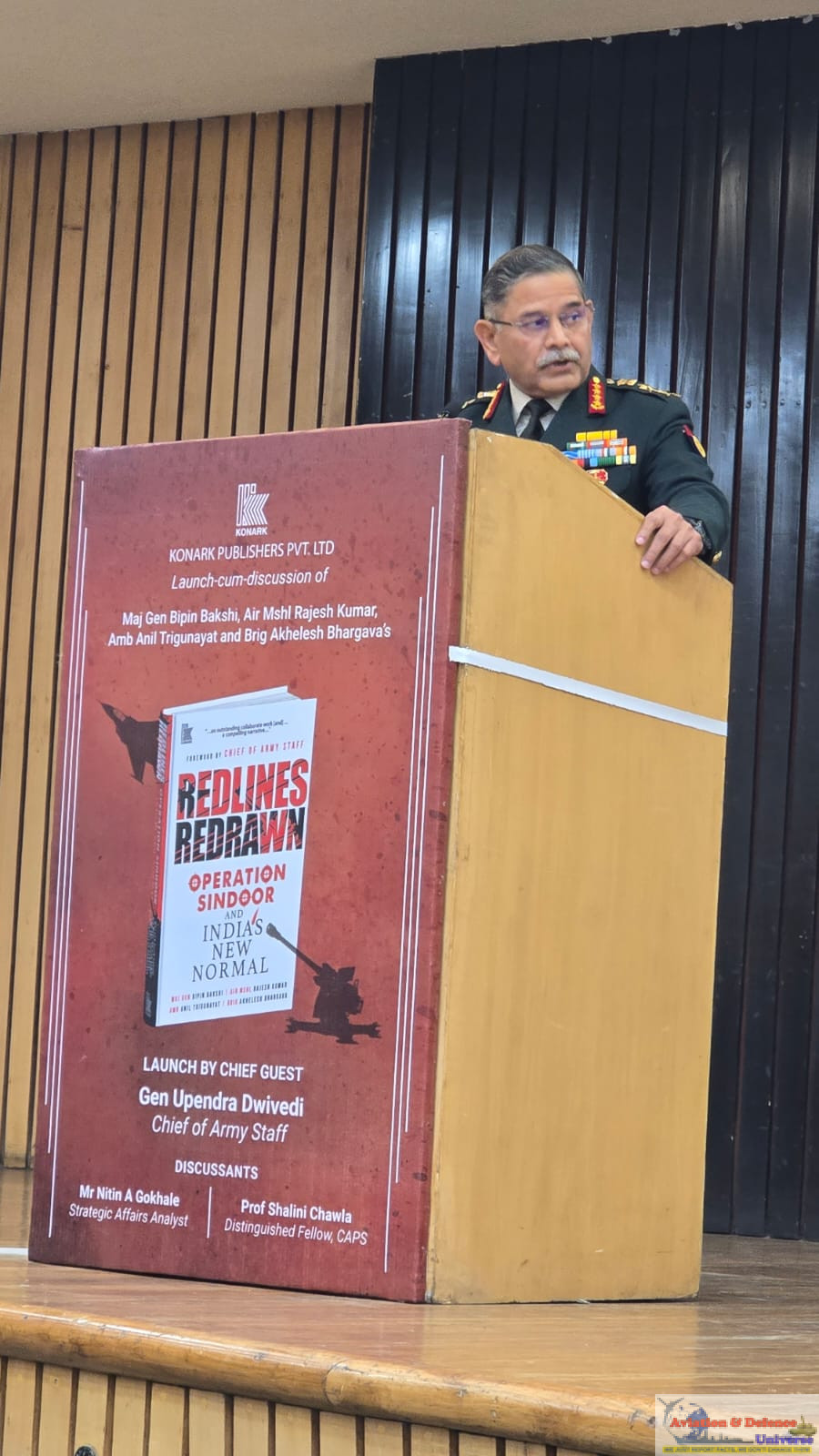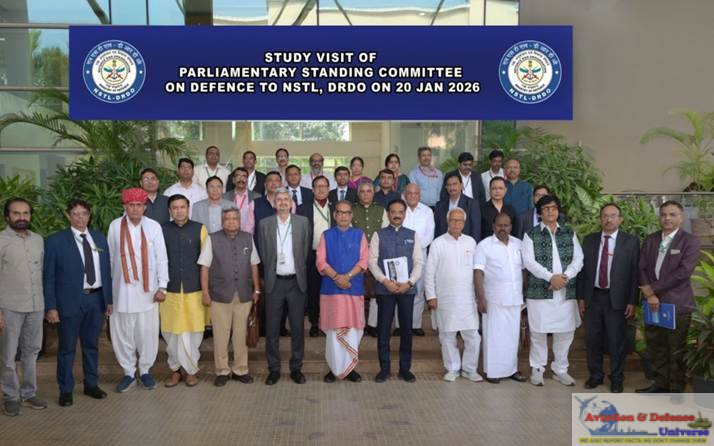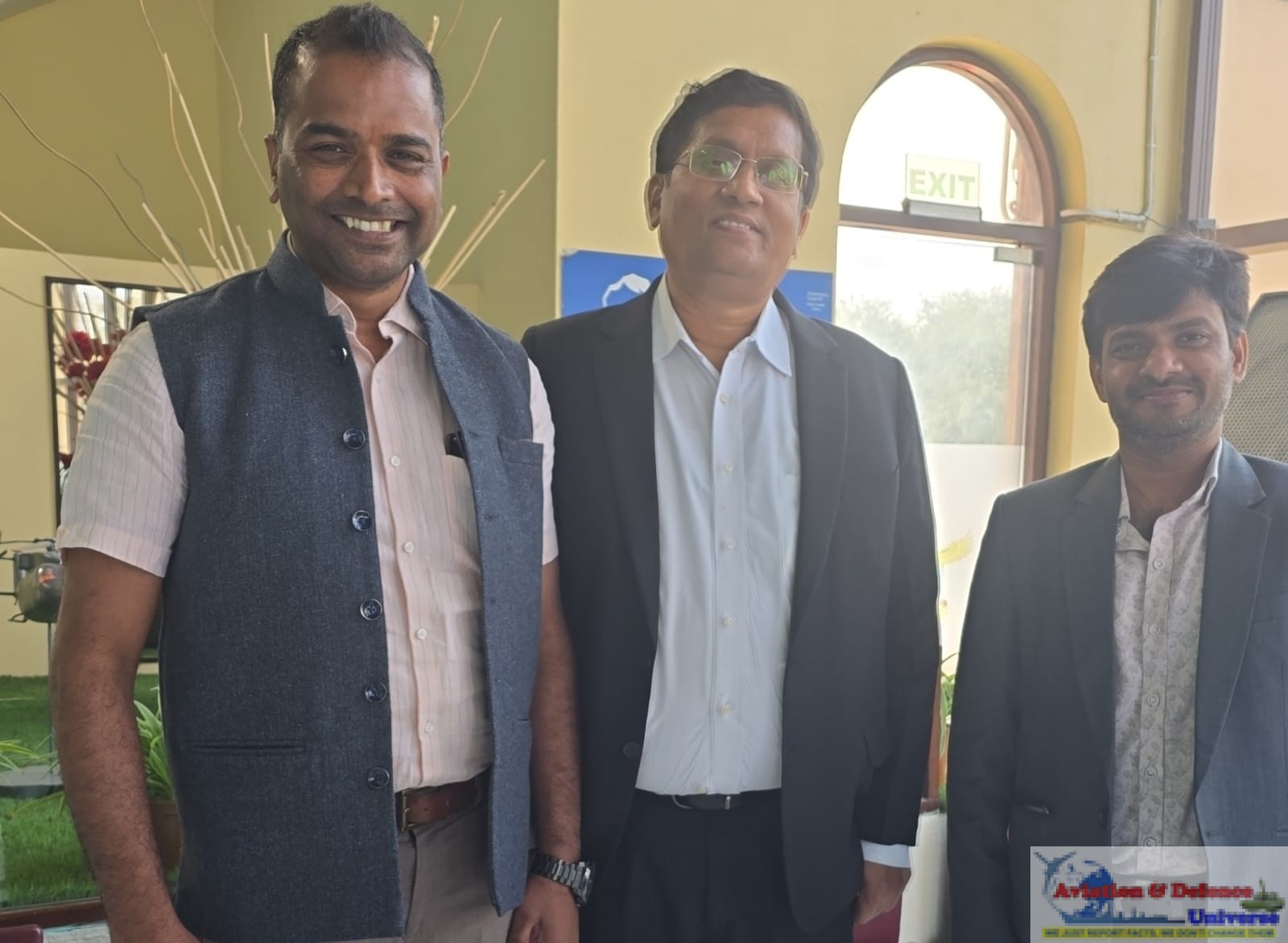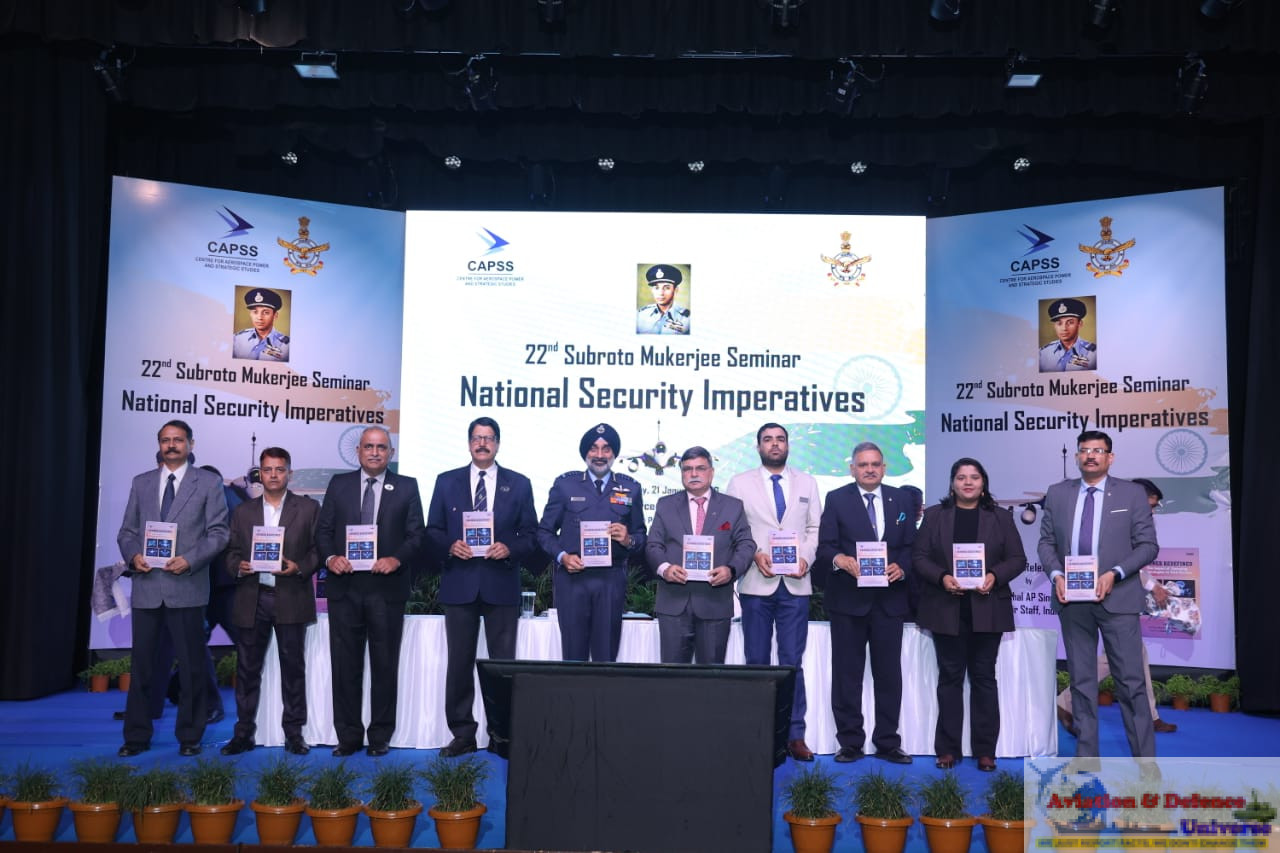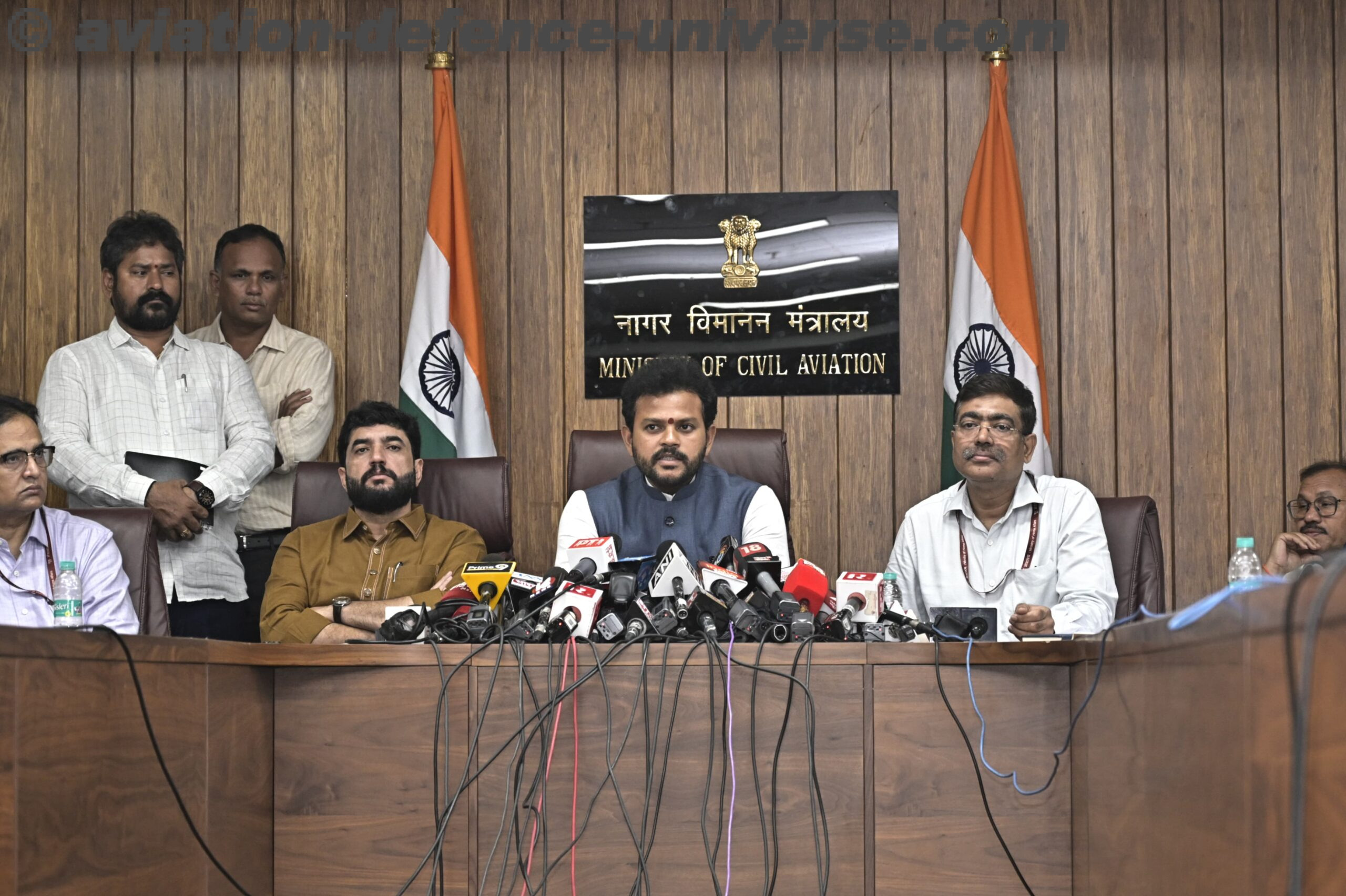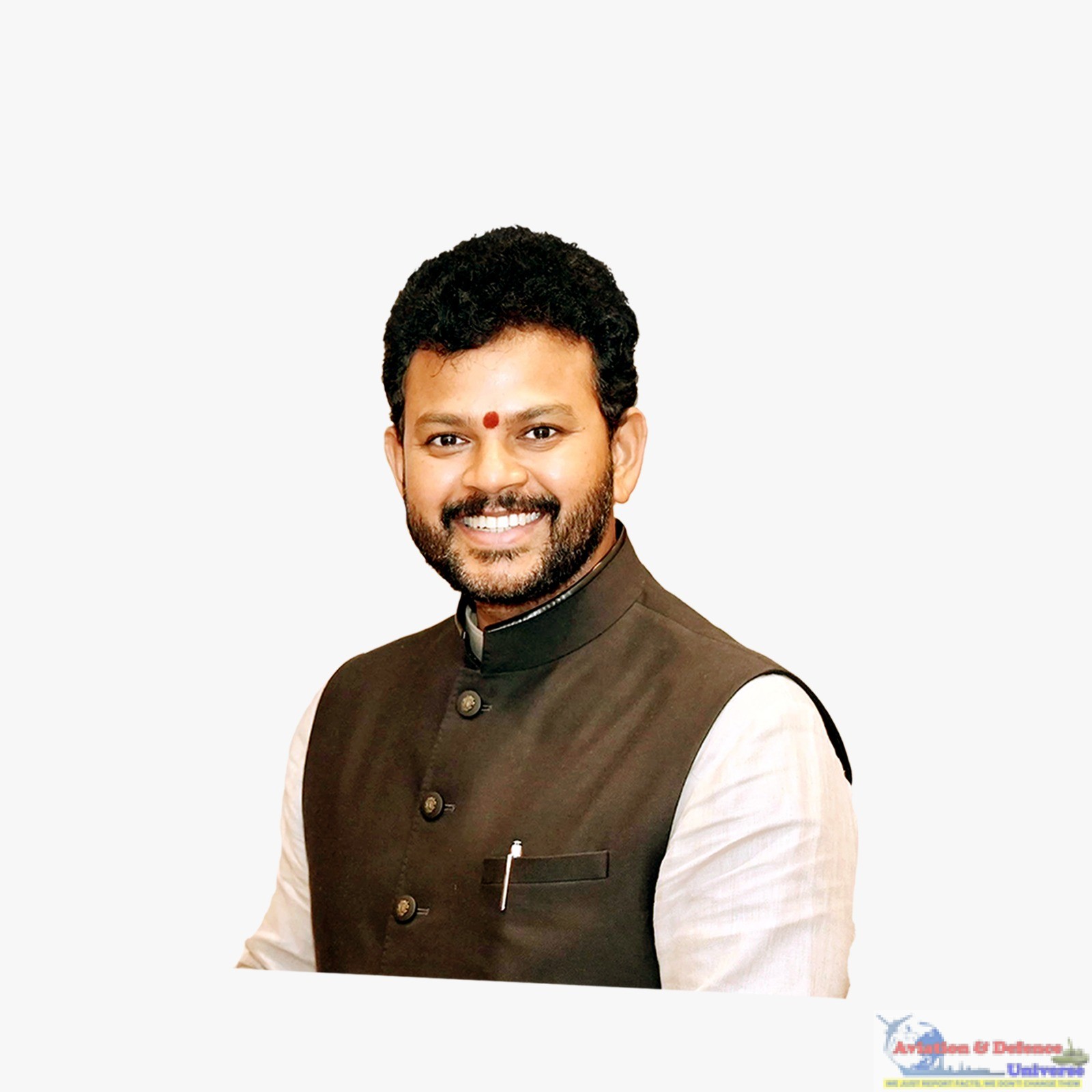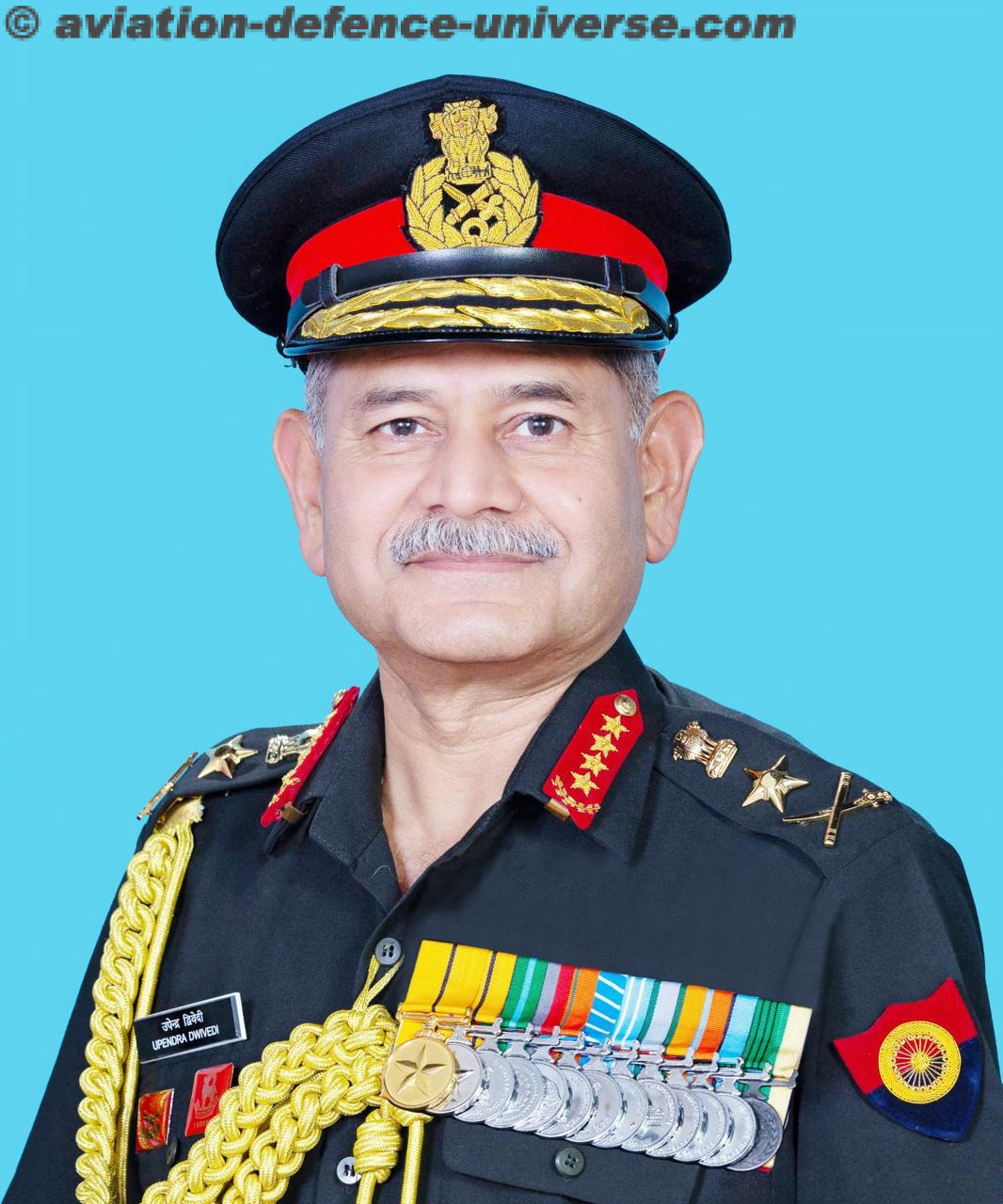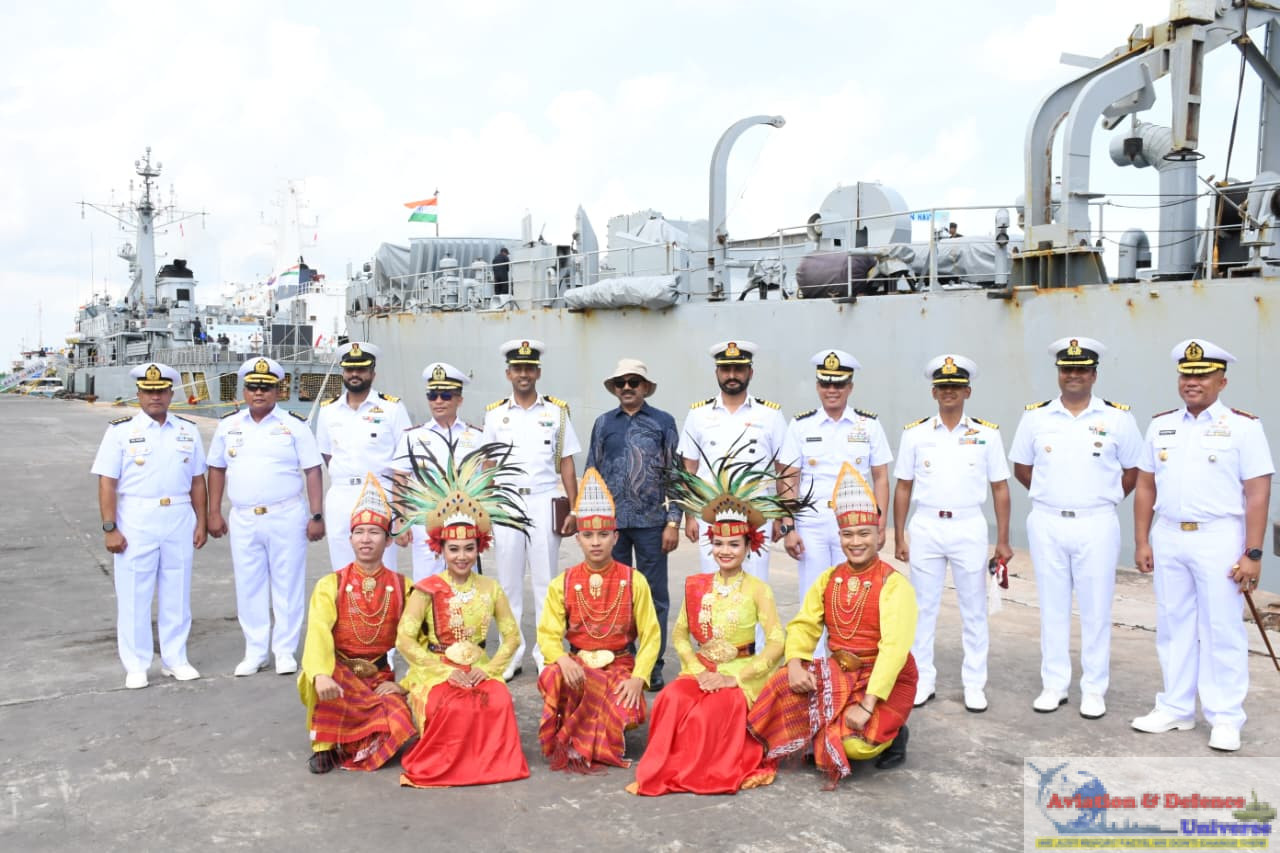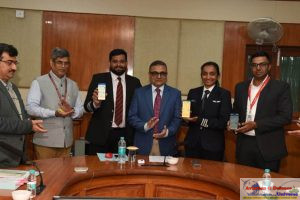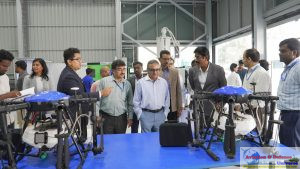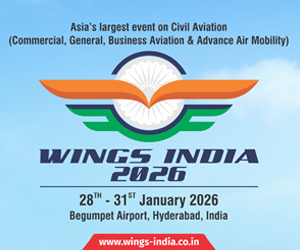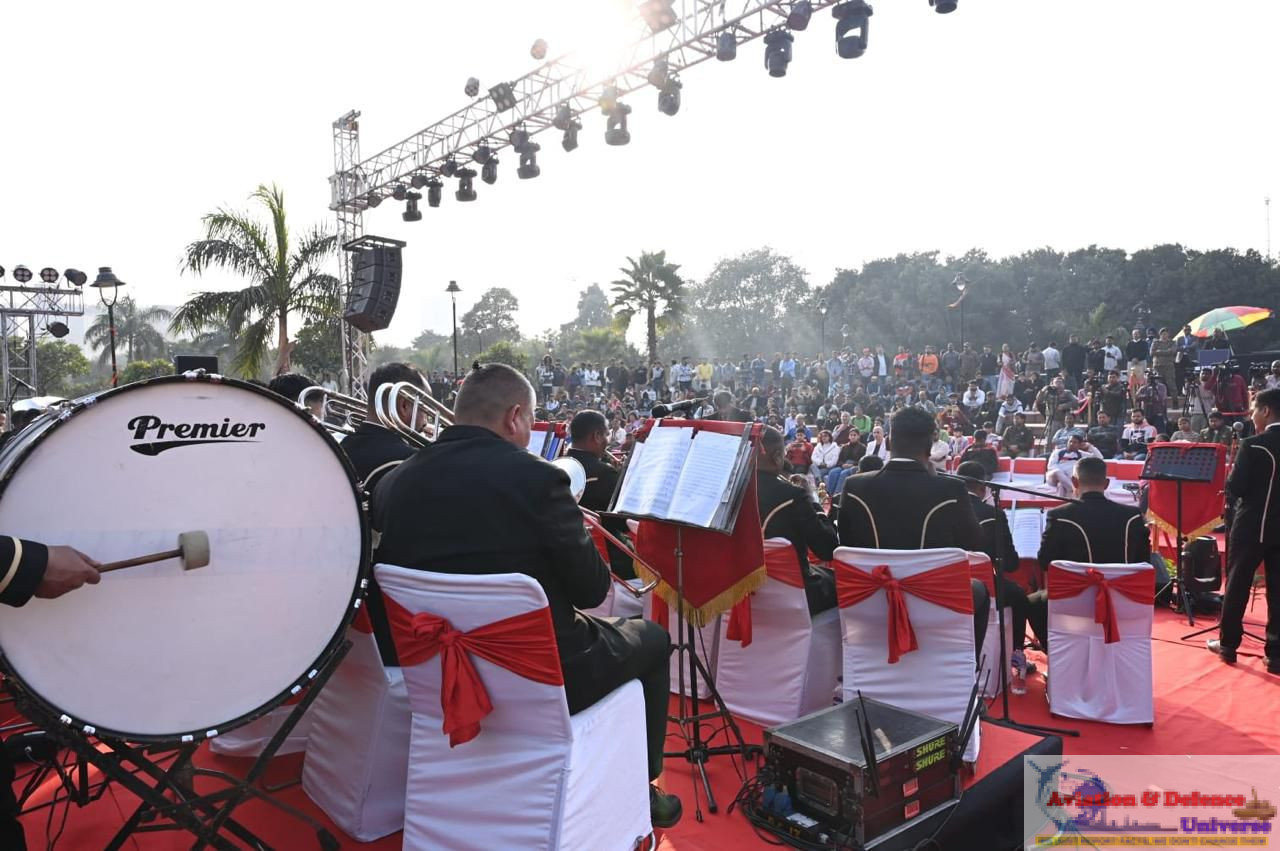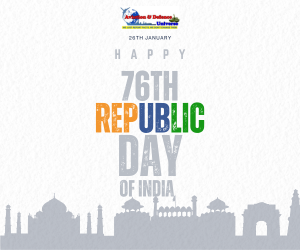New Delhi, 9th April 2024 — In a decisive stride toward inclusive and AI-ready aviation governance, the National Aviation Council of the Women’s Indian Chamber of Commerce and Industry (WICCI) has formally submitted a comprehensive set of Aviation Security Policy Recommendations to Hon’ble Minister of Civil Aviation, Kinjarapu Rammohan Naidu.
The policy brief, spearheaded by Lynn Frederick Dsouza, National President of WICCI Aviation Council and United Nations Consultant, envisions a secure, inclusive, and technologically adaptive aviation ecosystem with gender at its core. “We are charting the future of aviation security where women are not only protected but empowered to lead,” said Dsouza. “These recommendations blend global best practices, AI foresight, and gender-sensitive governance.”
Key Highlights of the Policy Proposal:
- 50% Representation of Women in aviation security governance, policy advisory
boards, and security forces. - Gender-Sensitive Security Infrastructure: Safe biometric lanes, trauma-informed
response units, and secure zones for women and children at airports. - AI-Powered Aviation Security Enhancements: Behavioral analytics for GBV
detection, drone threat prediction, and ethical surveillance protocols. - Drone Governance Reforms: Accountability frameworks, consent-based operations,
and safeguards for autonomous targeting systems. - Existential Risk Mitigation in Aviation Disarmament: Cybersecurity, AI-governed
airspace protection, and climate resilience strategies. - Inclusive Innovation: Development of India’s first Aviation Gender Security Index
and AI-based Food Supply Chain Resilience Index. - Climate-Resilient Infrastructure: SAF (Sustainable Aviation Fuel) incentives, green
aviation taxonomy, and coastal airport climate assessments.
The WICCI National Aviation Council, comprises of 24 dynamic women leaders from across India’s aviation and aerospace ecosystem—including aviation governance experts, safety officers, aerospace engineers, UAV professionals, policy strategists, and Air Force veterans— who crafted these forward-thinking recommendations to bridge gender gaps in aviation security and governance.
The Council calls for pilot implementation at major Indian airports (Delhi, Mumbai, Bengaluru) and strategic alignment with ICAO, UN Women, and WHO frameworks to establish India as a global leader in inclusive aerospace policy.
“This is not just about compliance—it’s about future-proofing India’s aviation security with
ethics, equity, and innovation,” added Dsouza.








